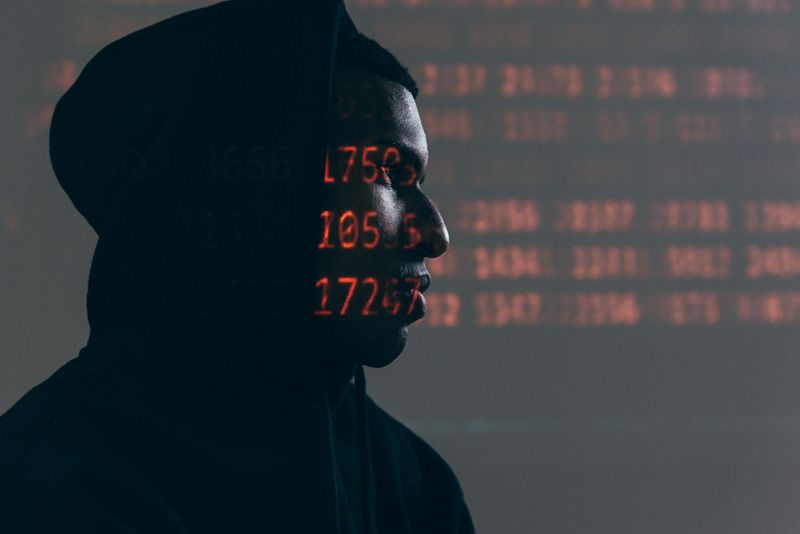Geopolitics Iranian Dissidents’ Claim of Presidential Hack Likely Legitimate, Experts Say
A group called “GhyamSarnegouni” (“Rise to Overthrow”), an Iranian anti-government group, claimed to have hacked the internal network of the President of Iran, Ebrahim Raisi, and uploaded a trove of documents online on May 29, 2023. Cybersecurity experts familiar with this matter told CyberScoop that the posted materials, which included video footage, images, and diplomatic correspondence, were authentic, and the hack seems to be legitimate.
Ethical and Technical Implications
The hack not only exposed previously unknown details, but it also confirmed what was already generally known about the inner workings of the Iranian government. Amir Rashidi, director of internet security and digital rights at the Miaan Group, said that this hack exposed information that was “embarrassing” for the government without divulging “crazy critical” data. Rashidi also noted how curious it was that news about leaks often came out simultaneously with significant progress on Iran‘s nuclear issues.
The hack raises ethical and technical concerns about the increasing risks of state-sponsored surveillance and extrajudicial spying. The group “GhyamSarnegouni” is one of many anti-Iranian government groups online that claims to hack Iranian systems. Although the group has often been affiliated with the Iranian opposition group Mojahedin-e Khalq (MEK), it remains unclear whether this group initiated the hack.
Editorial and Advice
This hack highlights the need for governments and companies to increase their security measures and put in place strict data protection regulations. It also emphasizes the importance of internet privacy, where personal data and government secrets can be accessed by hackers. The hack could also complicate the ongoing nuclear negotiations between Iran and other nations and undermine trust in the Iranian government. Governments must guarantee their citizens’ privacy and security by protecting them from cyberattacks by following stringent cybersecurity standards, promoting public awareness of online security, fostering cooperation in international cybersecurity, and enacting strict legal measures to prosecute offenses related to cybercrime and cyber espionage.

<< photo by Mati Mango >>
You might want to read !
- The Importance of Cybersecurity in Connected Devices: Analyzing the $5.8 Million FTC Settlement with Amazon Ring.
- “Unpacking the Insights from Apple’s RSRs on Mac Patch Management”
- Toyota’s Cloud Data Breach: How Safe Is Your Personal Information?
- “Gigabyte Devices at Risk: Examining Critical Firmware Vulnerability Affecting 7 Million Systems”
- The Consequences of Section 702 Data: State Department Warns of North Korean IT Scams
- The Importance of Verification: Analyzing an OAUTH Login Bug
- “Zoom Executives’ Role in Censoring Chinese Activists Revealed”
- The Implications of Catching a Hacker: Analysis of the Wisconsin Man Case
- “Former Executive Alleges Beijing Accesses TikTok’s User Data in Lawsuit”
- The TL;DR Version of the Twitter Whistleblower Complaint




